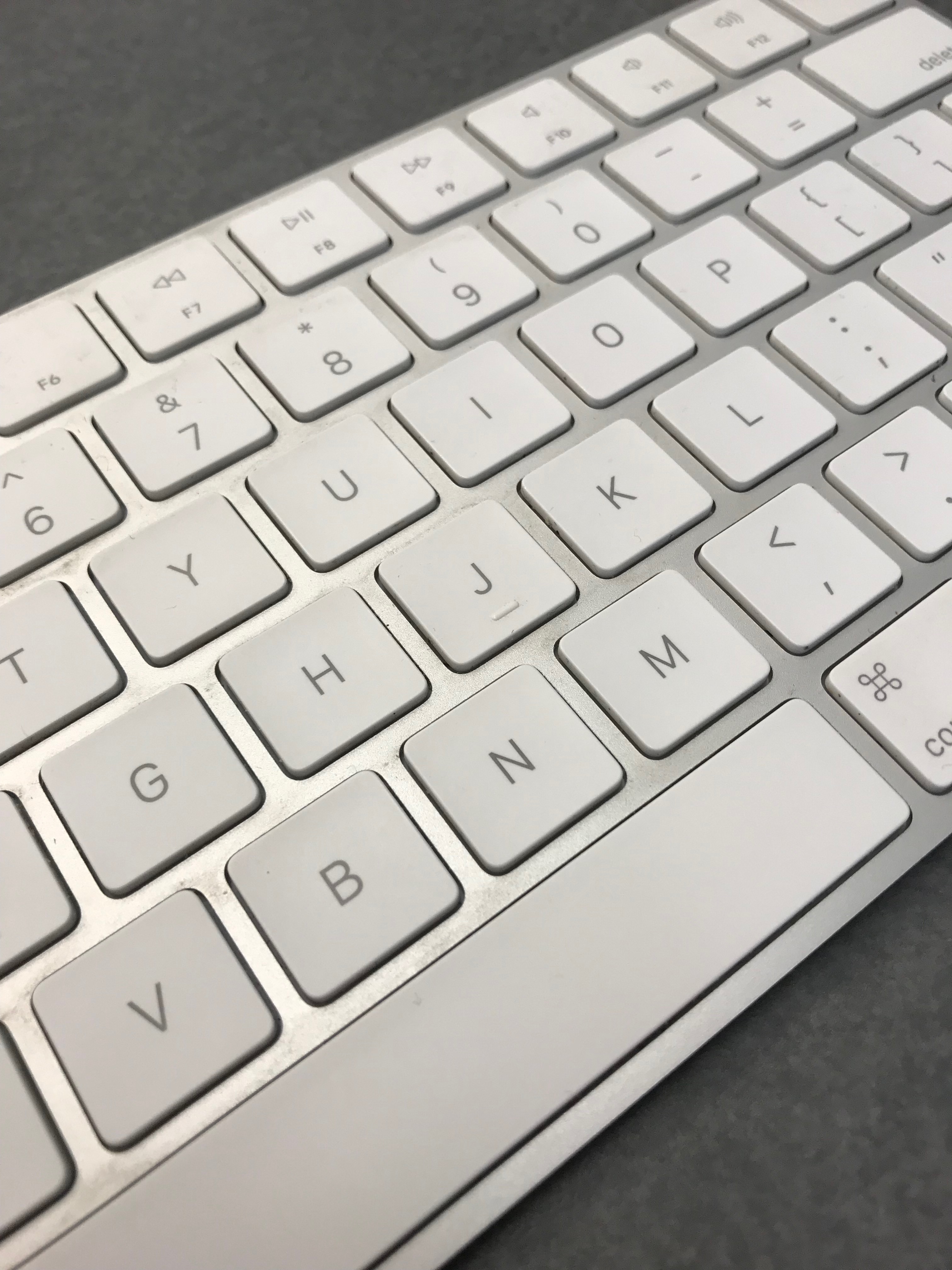Tool Time: CVs
I know you've heard it before. Maybe even from me. But it's true. You need a CV and you need to keep it up to date. CV stands for curriculum vitae - "the course of your life." It should be a record of all your career-related achievements. The best thing to do is put everything you think might be related in there. Add things as they occur. As you progress through grad school and into your career you'll come to realize some things just aren't worth keeping in your CV any more - It's way easier to delete things as necessary than it is to try and remember six years from now what you achieved way back in in 2018.
Some suggestions:
- Keep the format simple and easy to read. No fancy fonts or colored backgrounds. Minimize the use of colored text (a little can be good, a lot not so much). And stick to a readable font size.
- CVs generally start with your education details and job history. Everything after that should be listed in order of importance from most to least. Note that that order can change based on the job/fellowship/position/whatever you're applying for. A well-organized CV will make it easy to rearrange things when necessary.
- Poke around the internet and look at a few. Decide what you think works and what doesn't. Then go edit/create yours to fit what you think is best.
- Spell check. Then spell check again. You can't spell check too many times.
Finally, if you're confused about the difference between a CV (long and comprehensive) and a resumé (short and focused), have a look here.
